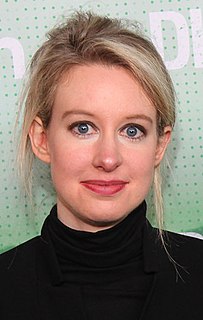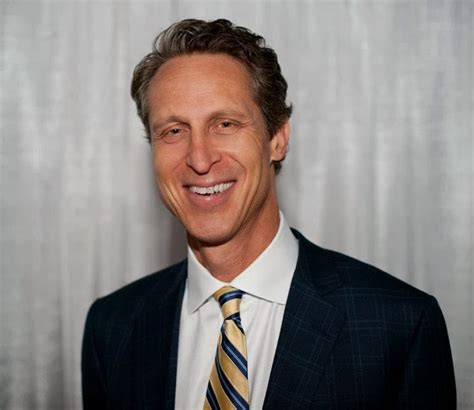A Quote by Richard Pascale
The incremental approach to change is effective when what you want is more of what you've already got.
Quote Topics
Related Quotes
We hope that there will be nothing that conflicts with anybody's religion or faith. We would never say a person's religion is not effective. We say, 'Would you be interested in something more effective?' We always put things in an optimistic, progressive perspective. 'Do you want to make your prayers more effective? Not that they are not effective, but do you want to help them become more effective?'
I was lucky enough to build on the work of a number of people who had already run laps around this theory-building track. The original classification scheme, years ago, distinguished radical from incremental change. The theory said that established firms managed incremental change well, but would be expected to founder when their industry encountered a radical change.
The ultimate success formula: I) Decide what you want (Be precise! Clarity is power) II) Take action (because desire is not enough) III) Notice what's working or not (You don't want to continue to expend energy on an approach that's worthless IV) Change your approach until you achieve what you want (Flexibility gives you the power to create a new approach and a new result.)
Anytime we think the problem is 'out there,' that thought is the problem. We empower what's out there to control us. The change paradigm is 'outside-in' - what's out there has to change before we can change. The proactive approach is to change from the 'inside-out': to be different, and by being different, to effect positive change in what's out there - I can be more resourceful, I can be more diligent, I can be more creative, I can be more cooperative.
Our approach is to think of companies not as businesses but as collections of people. We [Apple]want to qualitatively change the way people work. We don't just want to help them do word processing faster or add numbers faster. We want to change the way they can communicate with one another. We're seeing less paper flying around and more quality of communication.
I am not very interested in extraordinary angles. They can be effective on certain occasions, but I do not feel the necessity for them in my own work. Indeed, I feel the simplest approach can often be most effective. A subject placed squarely in the center of the frame, if attention is not distracted from it by fussy surroundings, has a simple dignity which makes it all the more impressive.
Person who lives with the stress of an overwhelmed schedule will often ache with the sadness of an underwhelmed soul. So if we want to live better and invest wisely in our souls, we've got to change our approach to the way we make decisions. We've got to rethink how we use the two most powerful words, yes and no.

































